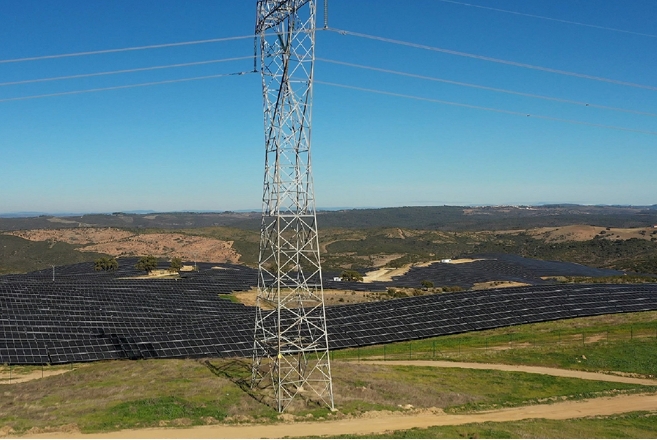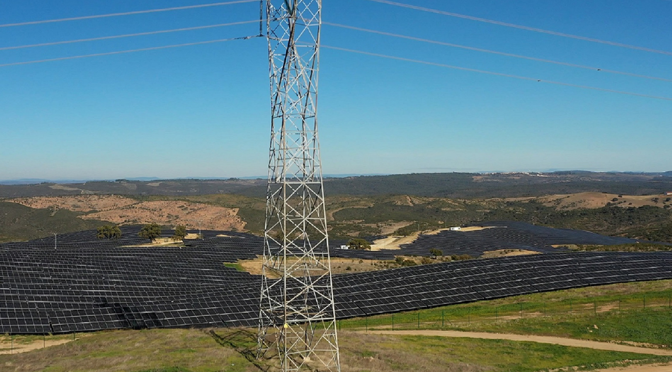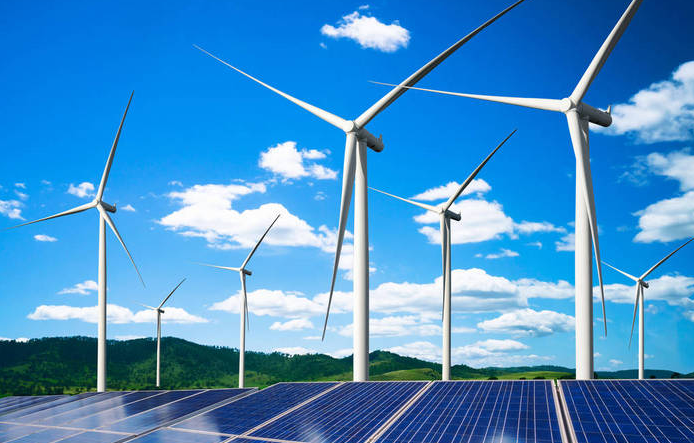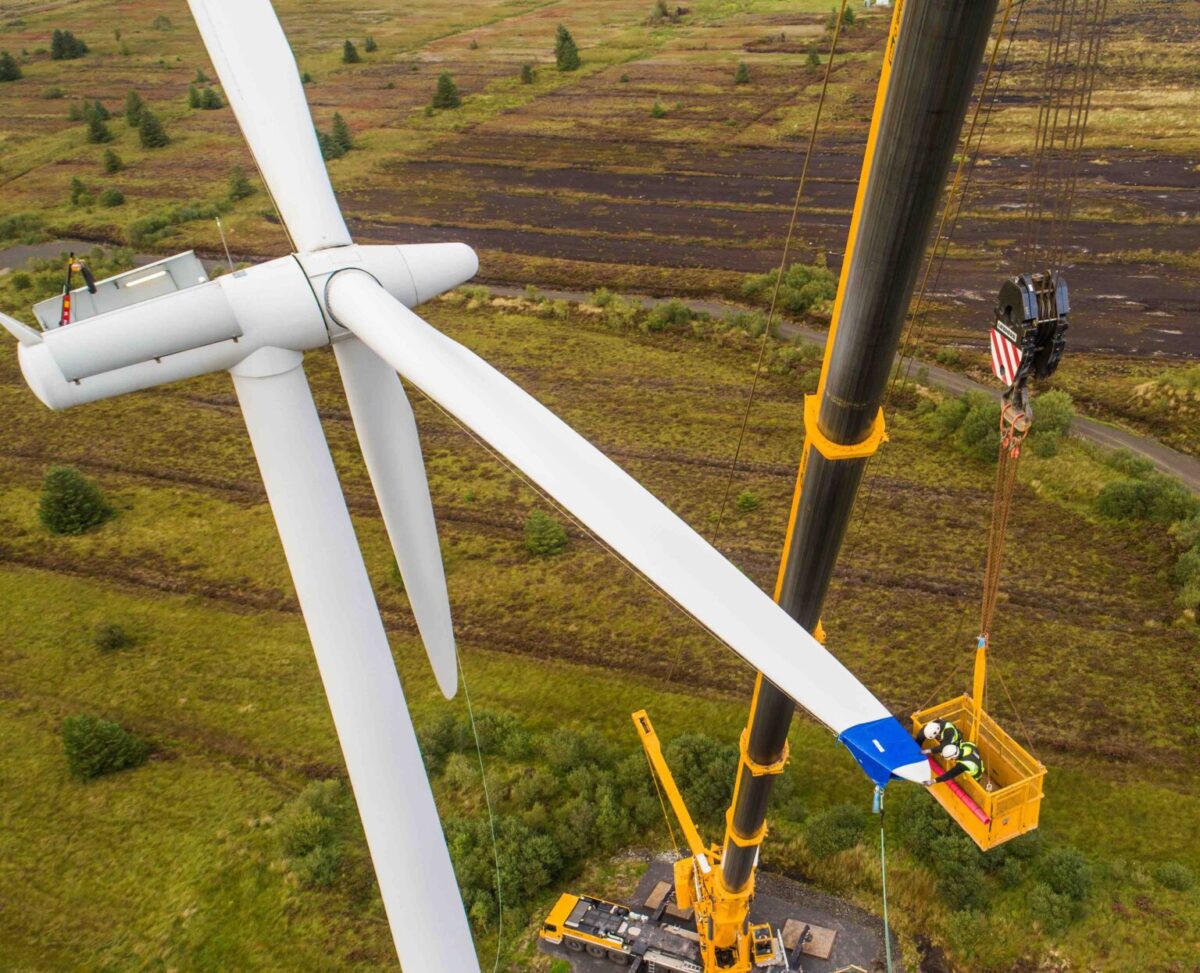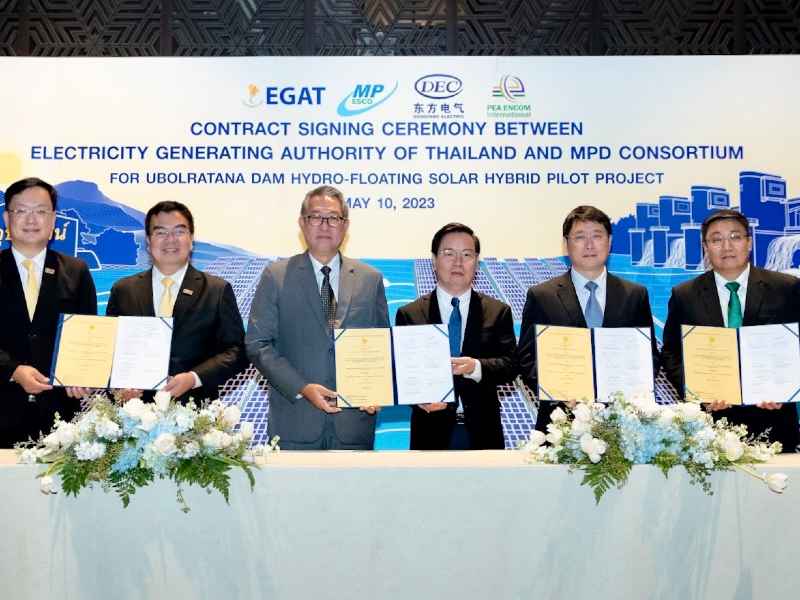The US Federal Energy Regulatory Commission (FERC) has issued a certificate of approval to Pembina Pipeline to implement the proposed US $10bn Jordan Cove LNG project. The project involves the construction of a 7.8 million tonnes per annum (Mtpa) LNG export terminal at Coos Bay and the 368km-long Pacific Connector gas pipeline to connect the facility with the Malin gas hub in Oregon, US.
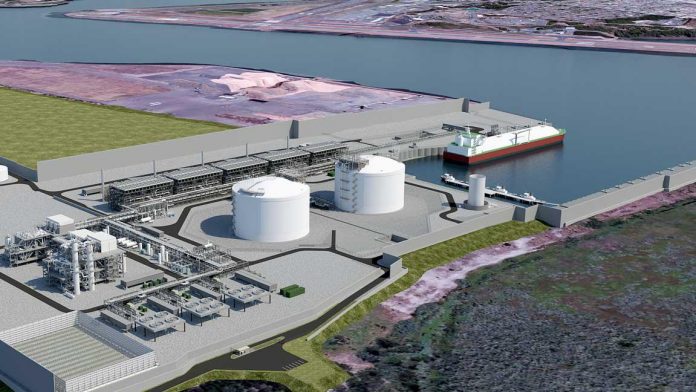
The approval comes after the completion of comprehensive environmental, safety and security reviews involving feedback from both federal and state agencies, Tribes, landowners and many other stakeholders.
According to Pembina’s senior vice president and chief legal officer Harry Andersen, the company appreciates FERC’s science-based approach to their review. The approval emphasizes yet again that Jordan Cove is environmentally responsible and is a project that should be permitted given a prudent regulatory and legal process was undertaken. “The FERC’s decision is due in no small part to our many supporters who have turned out time and time again to voice their support for Jordan Cove and to show that the Project is in the public interest, including in Southern Oregon and the Rockies Basin,” he added.
Jordan Cove LNG project
The LNG export facility and the pipeline will be operated by Pembina’s subsidiaries Jordan Cove Energy Project and Pacific Connector Gas Pipeline, respectively. The Jordan Cove LNG facility will comprise five liquefaction trains as well as two LNG storage tanks with a total storage capacity of 320,000m3. It will also comprise a gas metering station, gas pre-treatment facilities and marine facilities for loading LNG ships.
The Pacific Connector gas pipeline, which will originate near Malin in Klamath County, Oregon in the US, will have interconnections with two interstate pipelines, the Ruby pipeline and the Gas Transmission Northwest (GTN) pipeline.

